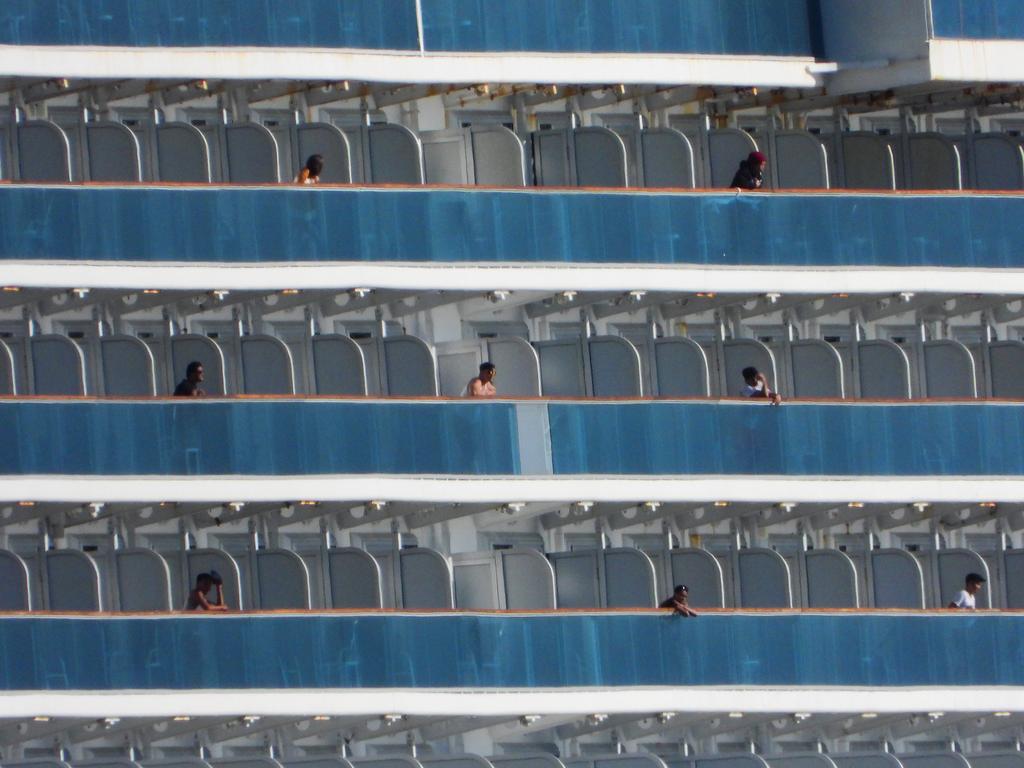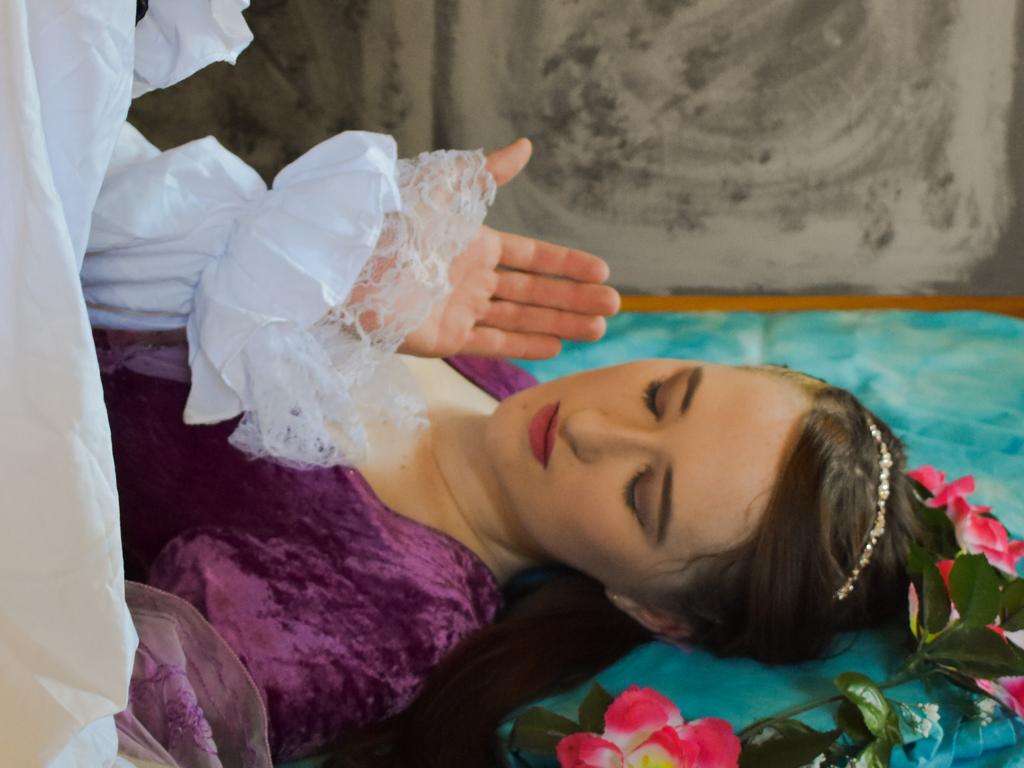
Politicians well past their prime are shutting down restaurants, pubs and picnic grounds. Not even the faithful can shelter from the frostiness of the state. Churches, the flirtation dens of Christian youth, are closed until further notice. Weddings are on ice. Dating is on hold. Footsie is forbidden. All this despite Australians flattening the curve.
COVID-19 is no country for young men.
If ever we knew the Western population was ageing, it was when our politicians unveiled the prophylactic handshake. Baby boomers spruiked the elbow bump on social media like they were dancing the funky chicken in slow-mo. The saddest invention since the fist pump was revived and became ubiquitous.
Bureaucrats from the World Health Organisation, the International Monetary Fund and the World Bank joined politicians around the world to showcase the zero-per-cent-viral-transmission-risk social greeting. And as if that wasn’t bad enough, we are subjected to adverts with D-grade celebrities sharing the pain before reminding us to wash our hands.
In the time of COVID-19, the capacity of the political-media class to infantilise the voting public knows no bounds.
Much of the media seems to have lost the capacity for critical thought. The pages of newspapers are awash with praise for governments engorging themselves on taxpayer funds to enforce conditions historically associated with highly illiberal states. Journalists who question the lockdown, shutdown approach to COVID-19 are maligned. For raising concerns about the intergenerational debt burden of the policy, they are accused of mercenary motives. The opposite is true. If Australia commits economic suicide for a small percentage of the population put at high risk by respiratory illnesses, severe financial pain will follow. Poverty is a voracious grim reaper. The utilitarian calculus is not in vogue, but when the time comes to repay the coronavirus debt, sentimentality could give way to regret.
The demographic vulnerable to COVID-19 is understandably keen to change rules of engagement that pose a high risk for viral transmission. Unfortunately, that includes most forms of human contact that create warmth and social bonds between people.
Social-distancing measures are necessary to prevent COVID-19 spreading. In the long-term, however, they are unsustainable in both economic and social terms. And there are serious questions to ask about the disproportionate impact on young people.
While the totalitarian temptation is always present in human nature, the severity of measures introduced to combat COVID-19 arise from modelling that suggests free movement would overwhelm the public health system.
Western societies are particularly vulnerable because of the ageing population. The Australian Bureau of Statistics notes that like other developed countries, ours is ageing as a result of low fertility and increased life expectancy. Between 1999 and 2019, the proportion of Australians aged 0-14 decreased from 20.9 per cent to 18.7 per cent. During the same period, the proportion of people aged over 65 increased from 12.3 per cent to 15.9 per cent. The number of people 85 years and over increased by 117.1 per cent compared with a total population growth of 34.8 per cent. Of all Australian states and territories, Tasmania and South Australia have the highest median age (42 years and 40 years, respectively.)
It is in such a context that the government is making decisions about how to minimise viral transmission and its effects. If the coronavirus were to take its natural course, it would spread rapidly. The risk of severe symptoms rises after the age of 50 and increases with each decade. Many more people would die because of COVID-19’s high rates of transmission and hospitalisation.
Most young patients with the coronavirus are experiencing mild symptoms or none at all. The generational divide is stark. On social media, some young people celebrate COVID-19 as nature’s revenge on the baby boomer generation. Left-wing youth raging against conservatives and climate sceptics have renamed COVID-19 the “Boomer Remover”. In turn, the young are portrayed as reckless and self-indulgent for having a social life. Their natural desire to enjoy friendship groups and find love is being snuffed out by overzealous governments, a sensationalist media and police on the prowl for restricted human contact.
The socialist Labor government of Victoria banned love’s embrace under social-distancing rules that prevented couples from visiting each other’s homes. In the fashion of totalitarian governments, Labor defended the invasion of private life as a state prerogative. On Twitter, Police and Emergency Services Minister Lisa Neville wrote: “You cannot visit your partner for social reasons. There are select reasons you can go to the home of your partner. They are outlined clearly in the directives.” It sounds like 1984. Can you imagine the authority required to enforce the directive? Yet Premier Daniel Andrews supported it and only after community outrage did Labor decide to reverse course.
Australia has not yet descended into the paranoid state of Britain, where social workers have acquired powers to commit people to detention and police have trained drones on walkers. But state authorities are acting in increasingly concerning ways. In NSW, police have targeted people for sitting on park benches or reclining in the sun.
If the lockdown had an end date, social-distancing measures would be more tolerable. Beyond a few months, they will become less so. The case to maintain isolation must be data-driven. The positive effect of social distancing, namely a reduction in viral transmission, will create the demand to ease restrictions. However, the Prime Minister has refused to say what indicators the government will use to determine when policy objectives have been met. In the absence of such measures, we do not know when the government will begin to scale back social controls.
The government owes voters a detailed plan for the management of COVID-19, including a sunset clause to mark the end of isolation.








Nothing says 2020 like conscious COVID decoupling. As the state stalks the streets for signs of spontaneous affection, youth face the bleak prospect of a frigid winter and a celibate spring.